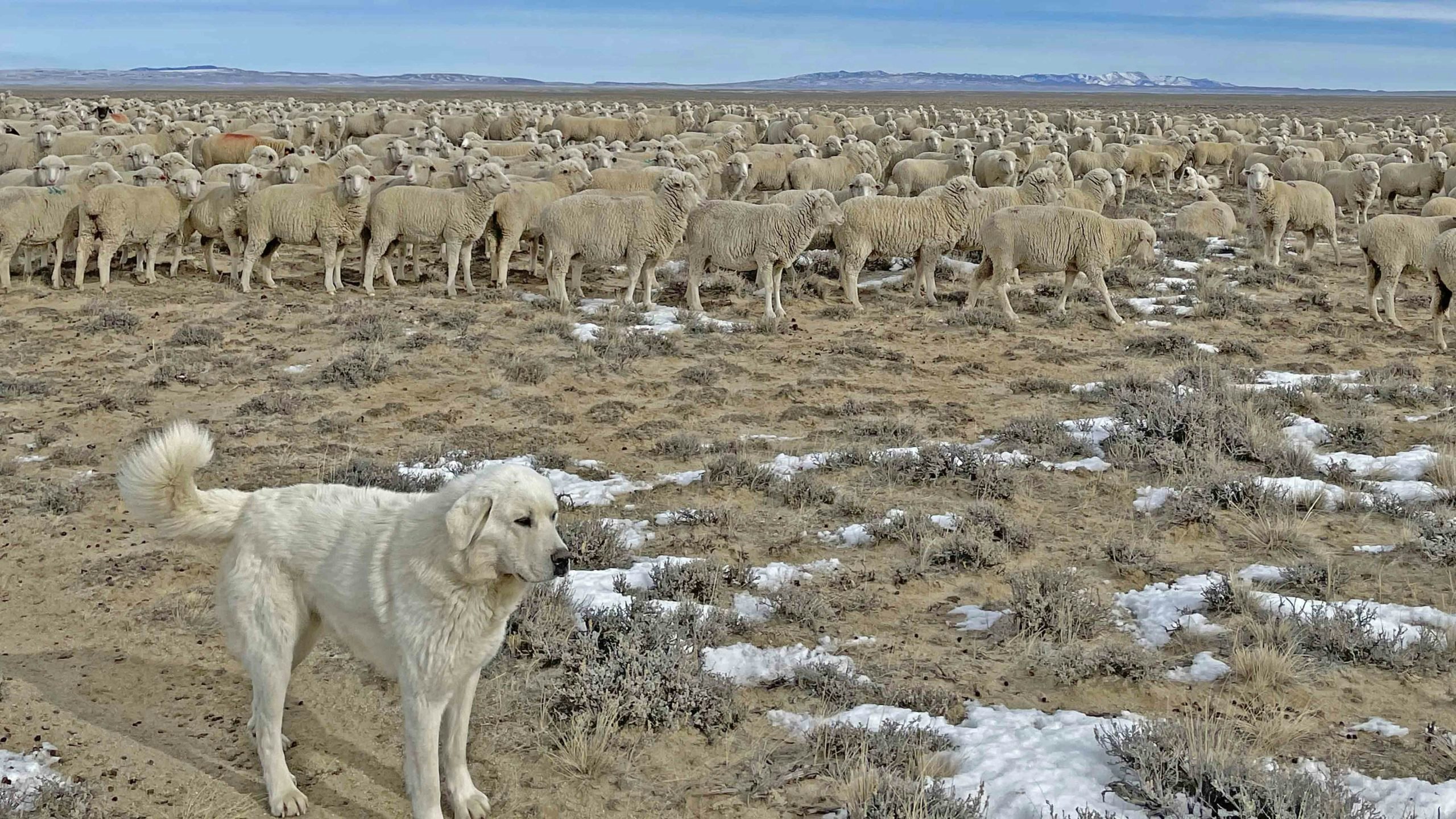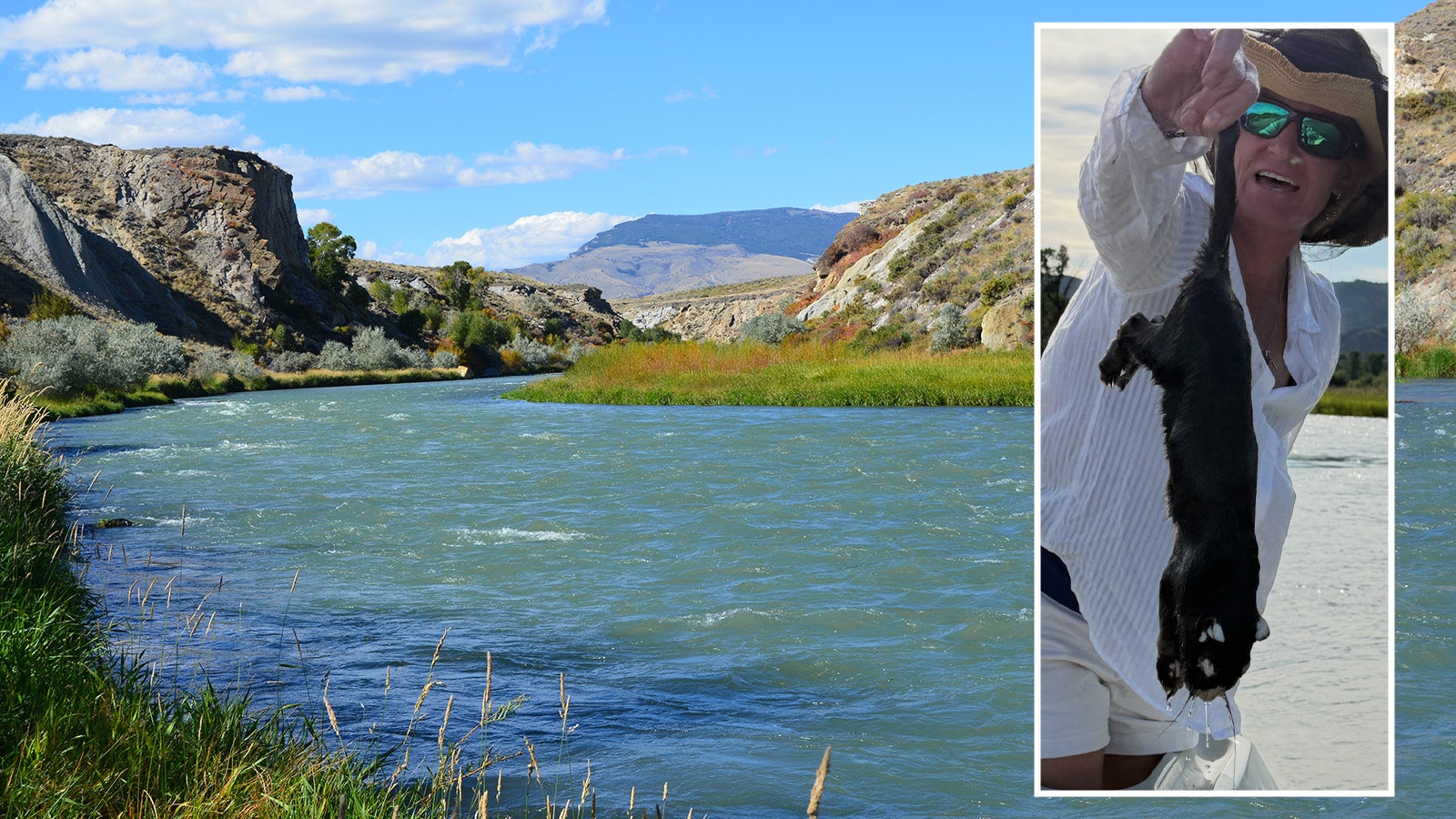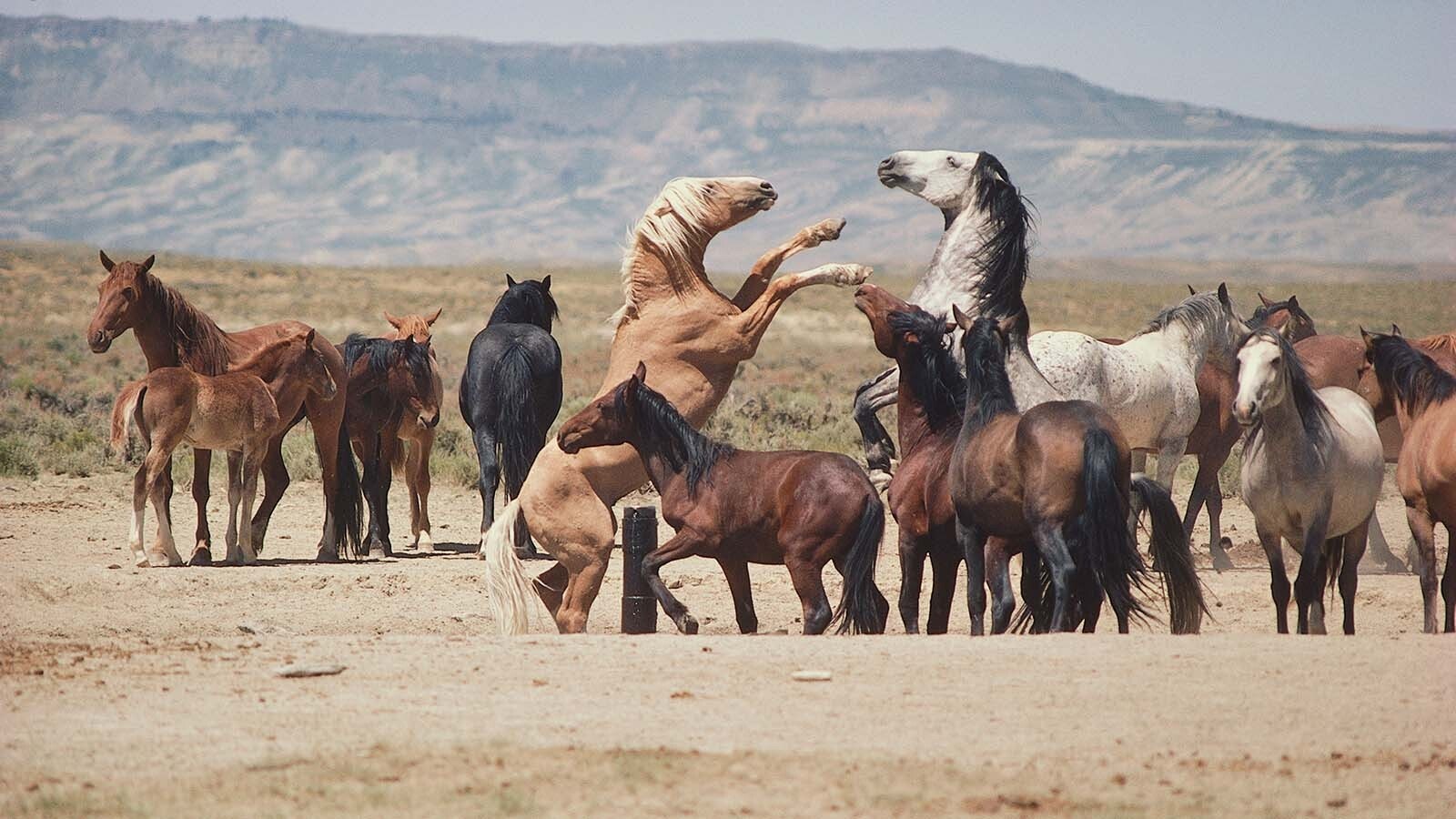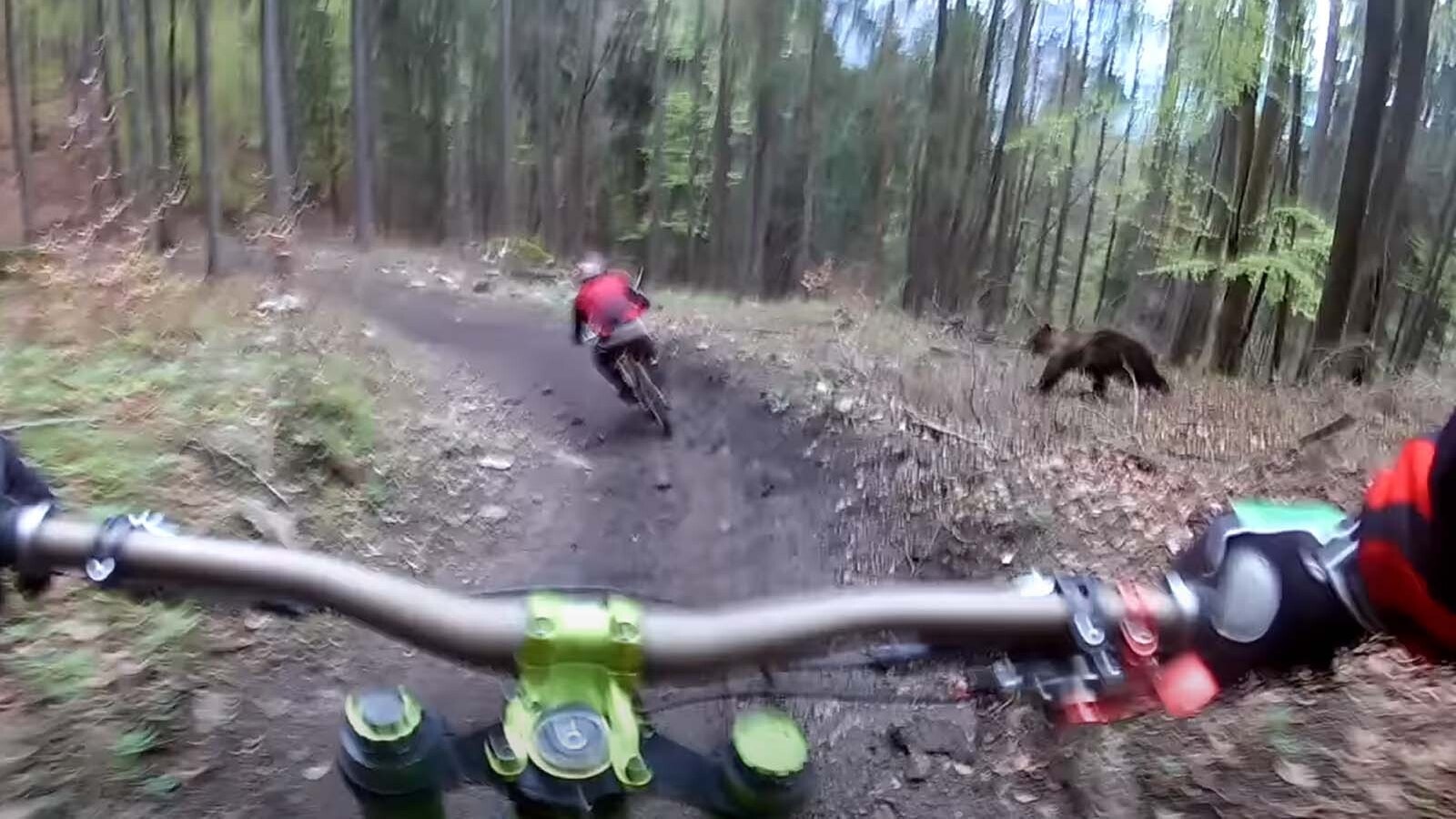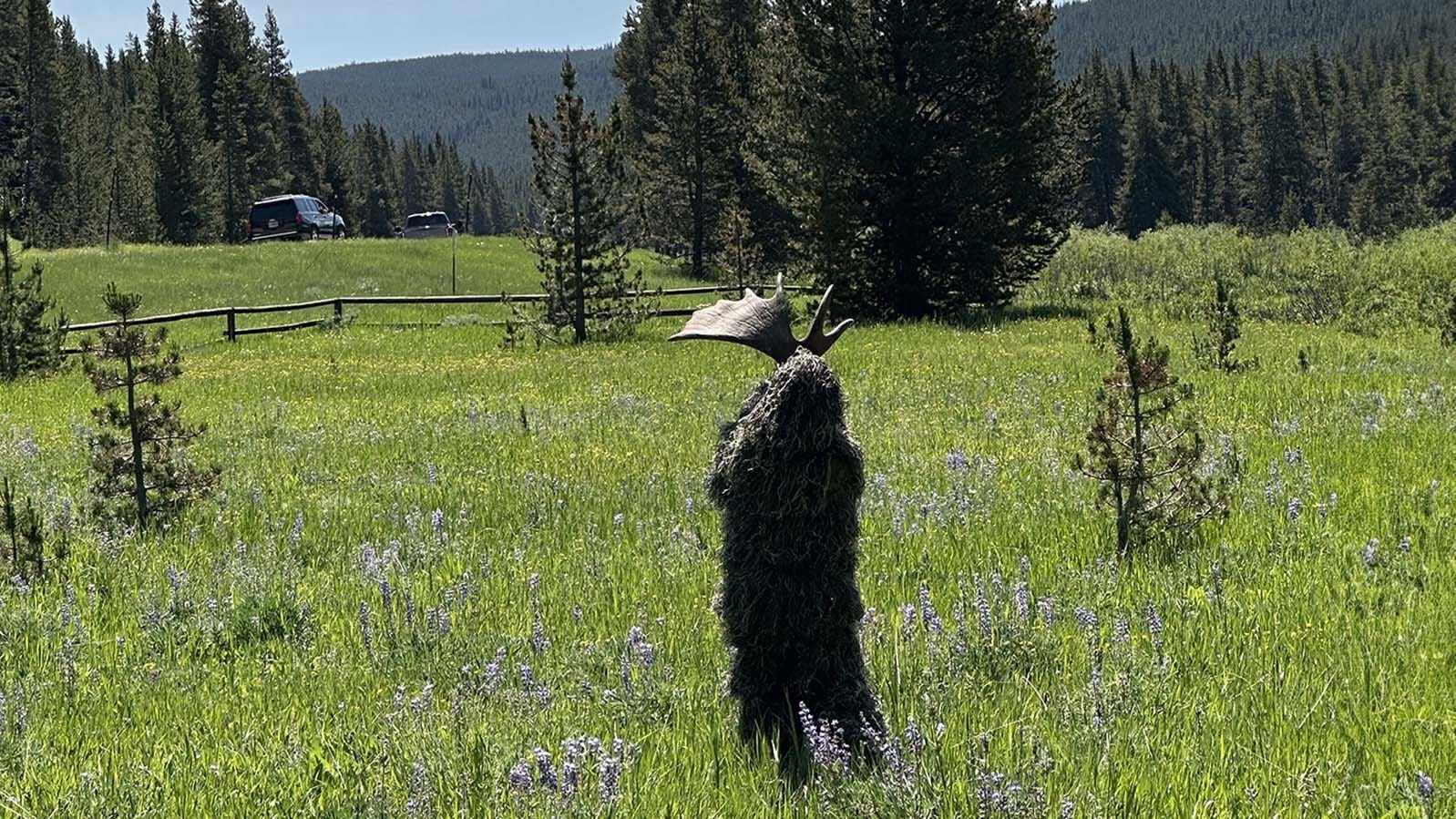It sounds like something that would be on the popular Facebook page Yellowstone: Invasion of the Idiots.
Someone seeing an animal in the middle of nowhere, thinking it looked cold, picking it up and putting it in the back of their car and taking it to an animal shelter.
It’s happened before like when a couple made international headlines for putting a baby bison in the back of their SUV in Yellowstone.
Although it’s not making the splash that the baby bison made, it’s happening to livestock guardian dogs — the 140-pound animal bouncers that frequently spar with wolves, bears and other predators to keep livestock safe.
It’s enough of a problem that the Sweetwater County Sheriff’s Office issued an alert asking well-meaning people to leave the dogs alone.
“Don’t feed them or pick them up, just make note of their location and call dispatch’s non-emergency number so we can get an animal control officer in the area to assess the situation,” Jason Mower, public relations director for the sheriff’s office, said in the statement.


Is It Really Happening?
Despite the dogs’ size and their ability to fight off wolves and bears, because they have been habituated to people some are friendlier than others to strangers, and if offered a sandwich, might just hop inside a car.
“This is a constant problem, and I really appreciate the Sheriff’s Office helping to get the word out,” Sublette County sheep rancher Cat Urbigkit said. “We have people trying to ‘rescue’ our livestock guardian dogs every year.”
Urbigkit says “it’s a fine line” when it comes to the dogs’ temperament toward people. They need to be socialized somewhat so they don’t attack people when they see them.
“We try to socialize the dogs in a manner so that they understand that they will encounter hikers, bikers and other recreational users of lands, and that most of these folks are not a threat to the livestock,” Urbigkit said.
But that also makes them vulnerable.
Take “Harriet the Horrible,” Urbigkit’s Akbash livestock guardian dog. She’s pretty friendly, to a point.
“My bet is that Harriet the Horrible would try to climb in your car if you offered her a ride,” Urbigkit said.
Harriet is used to being inside ranch trucks because she’s moved to different locations where ewes are in labor.
But if Harriet were “rescued,” Urbigkit thinks the saviors would quickly change their minds.
“She’s about 130 pounds, often smells like whatever dead thing she’s rolled around on and likes to show her teeth when she ‘smiles,’ so maybe that would give would-be rescuers time to reconsider,” she said.
Sharon O’Toole, a sheep rancher near Savery, Wyoming, has the same dilemma: striking the balance with her guard dogs between aggressive and friendly.
“There’s there’s a lot of people in the forest in the summer where we are with our sheep,” O’Toole said.
“We don’t want a dog that is unfriendly to people so we try to hit the sweet spot between a dog that’s aggressive enough to protect against predators but not so aggressive that they are going to be overly aggressive to people,” she said.


Puppies
And then there are dogs that are the most vulnerable: puppies.
Urbigkit recalls when they had a sheep flock across the river from her house — about a 45-minute drive from her house.
It was a great place for the mother guardian dog to raise her pups with the flock away from the danger posed by roads. But not from the danger posed by people.
“I caught some float fishermen who had seen the pups at an old cabin site along the river and thought they needed rescued,” Urbigkit said. “They didn’t.”
O’Toole concurs. Puppies go out exploring and people welcome them.
“The puppies go over where the campers are and they give them a sandwich and pretty soon, the puppies are camped out with them and they decide the puppies are abandoned,” O’Toole said.
So, the do-gooders take the pups to the animal shelter in Steamboat, Colorado, or Rawlins, Wyoming.
“It happens a couple times a year, every year,” O’Toole said. “More in the summer than the winter.”
Urbigkit says they’ve got a good combination of dogs right now — some more vulnerable than others.
“Some of our dogs won’t allow strangers to touch them so they are safe,” Urbigkit says.
But she worries about the others.
Don’t Rescue
By the way, if a “rescuer” attempts to take a dog and the dog demonstrably doesn’t like it, chances are the law is not on their side.
Under Wyoming law, “livestock guarding animals” enjoy special legal protections when compared to household pets, Mower said.
“Except in case of alleged negligence, the animals’ owners may actually be exempt from liability for injury to a person or other animal by a guard dog actively engaged in protecting livestock,” Mower said.
Like Mower, Urbigkit asks that people leave the dogs alone and call authorities to ask about them.
“Anyone concerned about a livestock guardian dog found out on the range should leave the dog where it is, but call the local sheriff’s department and let them handle it,” she said.

